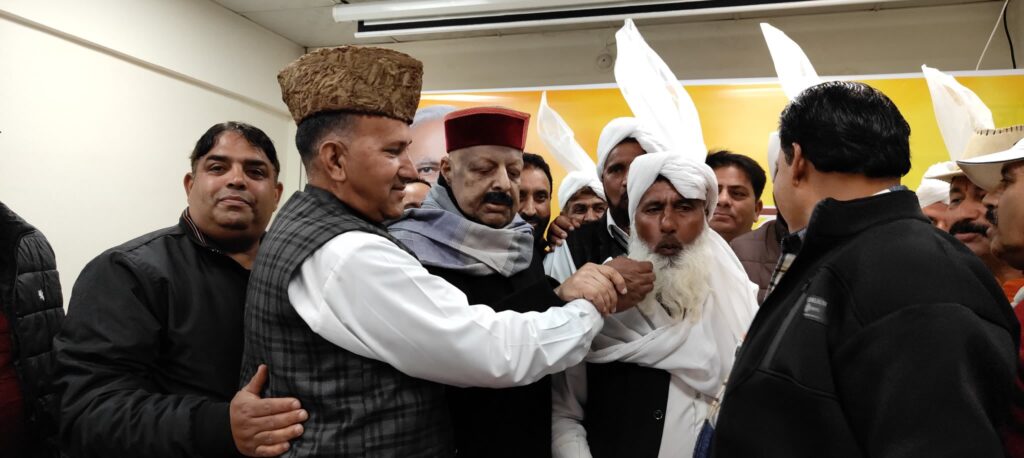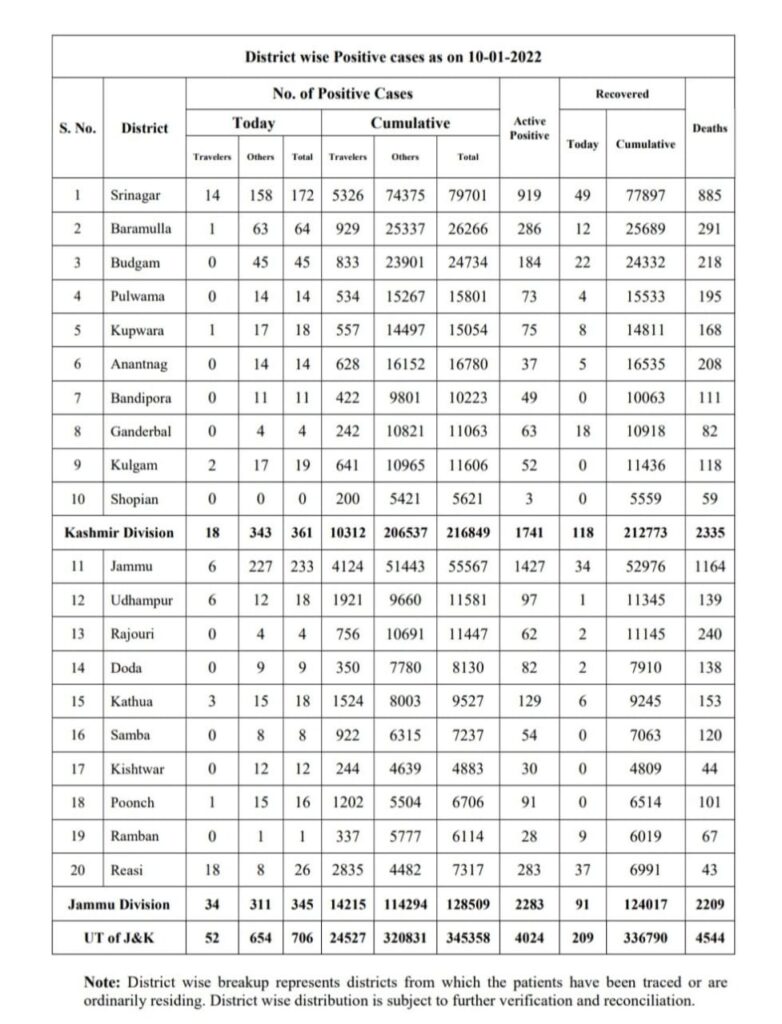
The News Craving
Srinagar:
The Bharatiya Janata Party (BJP) has set its sights on making significant inroads into Kashmir following the recent reservation quota for Scheduled Tribes (STs) in Jammu and Kashmir. The move comes after the Lok Sabha passed the Constitution (Jammu and Kashmir) Scheduled Tribes Order (Amendment) Bill, 2024, which aims to expand the ST category to include new communities.
Before the revocation of Jammu and Kashmir’s special status, the state’s reservation policy allocated quotas for various groups, including 8% for Scheduled Castes (SC), 10% for STs, and others. However, the recent amendment bill seeks to include the Pahari Ethnic Group, Padari Tribes, Koli, and Gadda Brahmin in the Scheduled Tribe category.
Altaf Thakur, the BJP’s spokesperson for Jammu and Kashmir, has voiced confidence in the party’s performance in the upcoming Lok Sabha elections and assembly polls. Thakur projected that the BJP is on track to secure double-digit seats in the assembly polls and stands a strong chance of clinching three Lok Sabha seats in Kashmir. He attributed this optimism to the recent reservation of Scheduled Tribe (ST) status for Paharis.
Thakur emphasized the significant impact of the ST reservation for Paharis, particularly in regions like Kupwara, in bolstering the BJP’s support base. He underscored the importance of Pahari support in enhancing the party’s electoral prospects in the region.
Echoing Thakur’s sentiments, Hakeem Ruhullah Ghazi, the BJP’s Budgam district president, highlighted the widening support base of the party beyond Pahari-dominated areas. Ghazi noted the increasing backing from Scheduled Tribes (STs) in districts like Budgam, attributing it to the BJP’s initiatives for the community.
After the ST reservations, BJP hopes to make significant gains in several assembly seats in Jammu and Kashmir.
Based on the Census 2011 data, the district wise demographics of Phari speaking people in Jammua and Kashmir and Ladakh UT remains as follows.
Anantnag: With 342 villages and a total population of 1,078,692, Anantnag has a significant Pahari speaking population of 84,742, constituting 7.86% of the total.
Budgam: This district comprises 474 villages with a total population of 753,745. However, the Pahari speaking population is relatively low at 5,283, accounting for 0.70% of the total.
Bandipore: Bandipore has 122 villages and a total population of 392,232, with 16,993 individuals speaking Pahari, representing 4.33% of the total.
Baramula: With 518 villages and a total population of 1,008,039, Baramula boasts a significant Pahari speaking population of 141,157, making up 14.00% of the total.
Doda: Despite having 406 villages and a total population of 409,936, Doda does not have any recorded Pahari speaking population.
Ganderbal: This district has 115 villages and a total population of 297,446, with 17,497 individuals speaking Pahari, accounting for 5.88% of the total.
Jammu: Jammu district comprises 852 villages with a total population of 1,529,958, but there is no recorded Pahari speaking population.
Kargil: Kargil district has 127 villages and a total population of 140,802, but no Pahari speaking population is recorded.
Kathua: Similarly, Kathua district with 512 villages and a total population of 616,435 does not have any recorded Pahari speaking population.
Kishtwar: Kishtwar district, with 157 villages and a total population of 230,696, also does not have any recorded Pahari speaking population.
Kulgam: With 231 villages and a total population of 424,483, Kulgam has a Pahari speaking population of 3,738, representing 0.88% of the total.
Kupwara: Kupwara district has 362 villages and a total population of 870,354, with a significant Pahari speaking population of 103,082, constituting 11.84% of the total.
Leh: Leh district comprises 112 villages with a total population of 133,487, but there is no recorded Pahari speaking population.
Pulwama: This district has 329 villages and a total population of 560,440, with a Pahari speaking population of 8,920, accounting for 1.59% of the total.
Poonch: Poonch district boasts a substantial Pahari speaking population, with 56.03% of its total population, amounting to 267,194 individuals, speaking Pahari.
Rajouri: Rajouri district also has a significant Pahari speaking population, with 56.10% of its total population, amounting to 360,409 individuals, speaking Pahari.
Ramban, Reasi, Samba: These districts do not have any recorded Pahari speaking population.
Shopian: Shopyan district has a Pahari speaking population of 13,427, representing 5.04% of the total population.
Srinagar: Srinagar district has a negligible Pahari speaking population, with only 540 individuals, accounting for 0.04% of the total population.
Udhampur: Udhampur district does not have any recorded Pahari speaking population.



